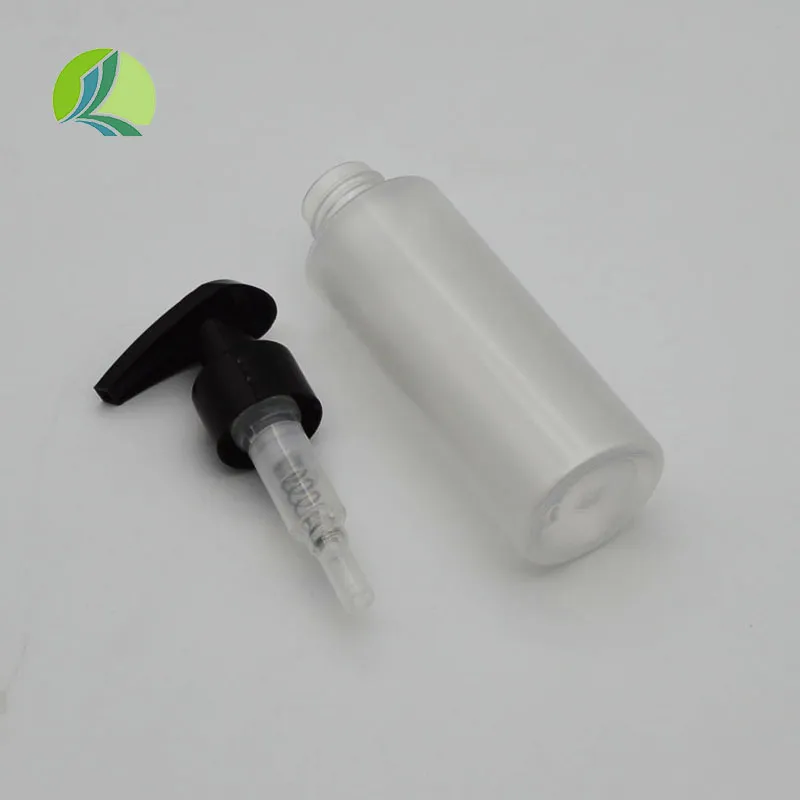
-
 Afrikaans
Afrikaans -
 Albanian
Albanian -
 Amharic
Amharic -
 Arabic
Arabic -
 Armenian
Armenian -
 Azerbaijani
Azerbaijani -
 Basque
Basque -
 Belarusian
Belarusian -
 Bengali
Bengali -
 Bosnian
Bosnian -
 Bulgarian
Bulgarian -
 Catalan
Catalan -
 Cebuano
Cebuano -
 Corsican
Corsican -
 Croatian
Croatian -
 Czech
Czech -
 Danish
Danish -
 Dutch
Dutch -
 English
English -
 Esperanto
Esperanto -
 Estonian
Estonian -
 Finnish
Finnish -
 French
French -
 Frisian
Frisian -
 Galician
Galician -
 Georgian
Georgian -
 German
German -
 Greek
Greek -
 Gujarati
Gujarati -
 Haitian Creole
Haitian Creole -
 hausa
hausa -
 hawaiian
hawaiian -
 Hebrew
Hebrew -
 Hindi
Hindi -
 Miao
Miao -
 Hungarian
Hungarian -
 Icelandic
Icelandic -
 igbo
igbo -
 Indonesian
Indonesian -
 irish
irish -
 Italian
Italian -
 Japanese
Japanese -
 Javanese
Javanese -
 Kannada
Kannada -
 kazakh
kazakh -
 Khmer
Khmer -
 Rwandese
Rwandese -
 Korean
Korean -
 Kurdish
Kurdish -
 Kyrgyz
Kyrgyz -
 Lao
Lao -
 Latin
Latin -
 Latvian
Latvian -
 Lithuanian
Lithuanian -
 Luxembourgish
Luxembourgish -
 Macedonian
Macedonian -
 Malgashi
Malgashi -
 Malay
Malay -
 Malayalam
Malayalam -
 Maltese
Maltese -
 Maori
Maori -
 Marathi
Marathi -
 Mongolian
Mongolian -
 Myanmar
Myanmar -
 Nepali
Nepali -
 Norwegian
Norwegian -
 Norwegian
Norwegian -
 Occitan
Occitan -
 Pashto
Pashto -
 Persian
Persian -
 Polish
Polish -
 Portuguese
Portuguese -
 Punjabi
Punjabi -
 Romanian
Romanian -
 Russian
Russian -
 Samoan
Samoan -
 Scottish Gaelic
Scottish Gaelic -
 Serbian
Serbian -
 Sesotho
Sesotho -
 Shona
Shona -
 Sindhi
Sindhi -
 Sinhala
Sinhala -
 Slovak
Slovak -
 Slovenian
Slovenian -
 Somali
Somali -
 Spanish
Spanish -
 Sundanese
Sundanese -
 Swahili
Swahili -
 Swedish
Swedish -
 Tagalog
Tagalog -
 Tajik
Tajik -
 Tamil
Tamil -
 Tatar
Tatar -
 Telugu
Telugu -
 Thai
Thai -
 Turkish
Turkish -
 Turkmen
Turkmen -
 Ukrainian
Ukrainian -
 Urdu
Urdu -
 Uighur
Uighur -
 Uzbek
Uzbek -
 Vietnamese
Vietnamese -
 Welsh
Welsh -
 Bantu
Bantu -
 Yiddish
Yiddish -
 Yoruba
Yoruba -
 Zulu
Zulu
dropper bottle uses in laboratory
The Versatile Uses of Dropper Bottles in Laboratories
Dropper bottles are essential tools in various laboratory settings, renowned for their precision and convenience. These small containers, typically made of glass or plastic, come equipped with a dropper mechanism that allows for the controlled dispensing of liquids. Their versatility makes them invaluable in fields such as chemistry, biology, and pharmaceutical research.
The Versatile Uses of Dropper Bottles in Laboratories
In addition to chemical applications, dropper bottles are frequently utilized in biological labs for handling various biological fluids. For instance, in microbiology, these bottles are often used to transfer small amounts of media or reagents to petri dishes or culture tubes. This controlled dispensing is essential not only for maintaining sterility but also for ensuring that the right conditions are set for microbial growth. Moreover, dropper bottles are helpful in experiments involving enzyme reactions or cell culture, where precise amounts of nutrients or enzymes are necessary to achieve optimal results.
dropper bottle uses in laboratory

Pharmaceutical laboratories also heavily depend on dropper bottles for the formulation and testing of medications. These bottles are used to dispense active ingredients in formulations, allowing for accurate measurements that ensure consistency in drug production. When developing liquid medications, researchers often need to add flavoring agents or preservatives in precise amounts, and dropper bottles provide an efficient solution for this process. Furthermore, in the context of clinical research, dropper bottles facilitate the administration of medication in controlled settings, where dosage accuracy can significantly impact patient outcomes.
Another significant advantage of dropper bottles is their ability to minimize contamination risks. The design of dropper bottles allows for a controlled environment that limits exposure to air or other contaminants. In laboratory situations where samples must remain pure, this feature is particularly beneficial. Researchers can confidently use dropper bottles to store and dispense sensitive samples without the weight of contamination concerns.
Beyond their functional aspects, dropper bottles offer convenience in storage and transport. Many dropper bottles come with secure lids and are designed to be lightweight, making them easy to transport between different lab stations. Their compact size is advantageous, as it allows for efficient use of space on lab benches or in storage cabinets.
In conclusion, dropper bottles serve a multitude of purposes in laboratory environments, ranging from precise reagent dispensing to minimizing contamination risks. Their significance in chemical, biological, and pharmaceutical applications cannot be overstated. As laboratories continue to evolve and seek greater efficiency and accuracy, the dropper bottle will undoubtedly remain a staple instrument, facilitating a myriad of scientific advancements and discoveries.
-
Premium Metal Dropper Bottle for Precise Dispensing 250ml & 1ml Options AvailableNewsJul.04,2025
-
20 ml Headspace Vials - High Quality Polyethylene & Plastic Vials for Lab UseNewsJul.04,2025
-
Small Bottle with Pipette - Precise Dispensing 100ml Pipette Bottles for Essential Oils & Lab UseNewsJun.24,2025
-
Acetic Anhydride Bottle for Accurate Dropper Measurement in Pharmacy Use High-Quality Dropper BottlesNewsJun.10,2025
-
Innovative PET Bottle Design for Juice – Unique Shapes & Customization OptionsNewsJun.10,2025
-
20 Pack Sterilized Petri Dishes – Assorted Sizes, High Quality Small Plastic Petri Dishes for Lab UseNewsJun.10,2025






















